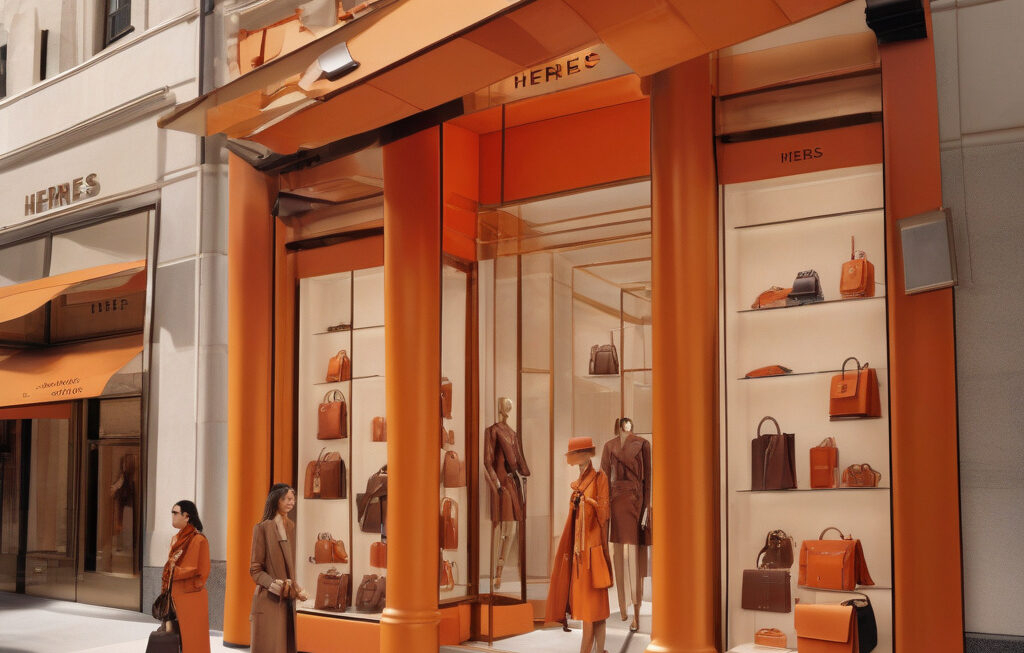LVMH Shares Have Lost Their Lustre
LVMH, the behemoth in the luxury goods sector, is currently facing a challenging period as its stock market valuation languishes at the bottom of its five-year range. Despite this downturn, investors have not been enticed back to the table, raising questions about the future trajectory of the luxury giant.
The French multinational corporation, known for its prestigious brands such as Louis Vuitton, Dior, Moët & Chandon, and Hennessy, has long been a powerhouse in the luxury market. However, recent market trends have not been favorable to LVMH, with its shares struggling to regain the momentum they once enjoyed.
One of the key factors contributing to the decline in LVMH’s stock market valuation is the impact of the COVID-19 pandemic on the luxury goods industry. With travel restrictions, economic uncertainties, and shifting consumer behaviors, many luxury brands, including LVMH, have experienced a slowdown in sales and revenue. The closure of stores, restrictions on social gatherings, and overall decrease in consumer spending have all taken a toll on the company’s financial performance.
Moreover, the changing dynamics of the luxury market, including the rise of e-commerce and the growing demand for sustainability and ethical practices, have posed challenges for traditional luxury brands like LVMH. In an era where consumers are increasingly conscious of the environmental and social impact of their purchases, luxury companies are under pressure to adapt their business models to meet these evolving expectations.
While LVMH has made efforts to innovate and stay relevant in a rapidly changing market, such as expanding its online presence and investing in sustainable practices, the company’s stock performance has yet to reflect these initiatives. The lackluster response from investors indicates a broader skepticism about the luxury sector’s ability to bounce back from the current challenges it faces.
Looking ahead, LVMH will need to carefully navigate the post-pandemic landscape and find new ways to engage with consumers and drive growth. By focusing on digital transformation, sustainability, and innovation, LVMH can position itself for long-term success in a market that is constantly evolving.
In conclusion, while LVMH shares may have lost some of their lustre in the short term, the company’s strong brand portfolio and global presence provide a solid foundation for recovery. By adapting to changing market dynamics and meeting the demands of the modern luxury consumer, LVMH can regain its former glory and once again attract investors looking for sustainable long-term returns.
luxury, LVMH, stock market, valuation, investors












